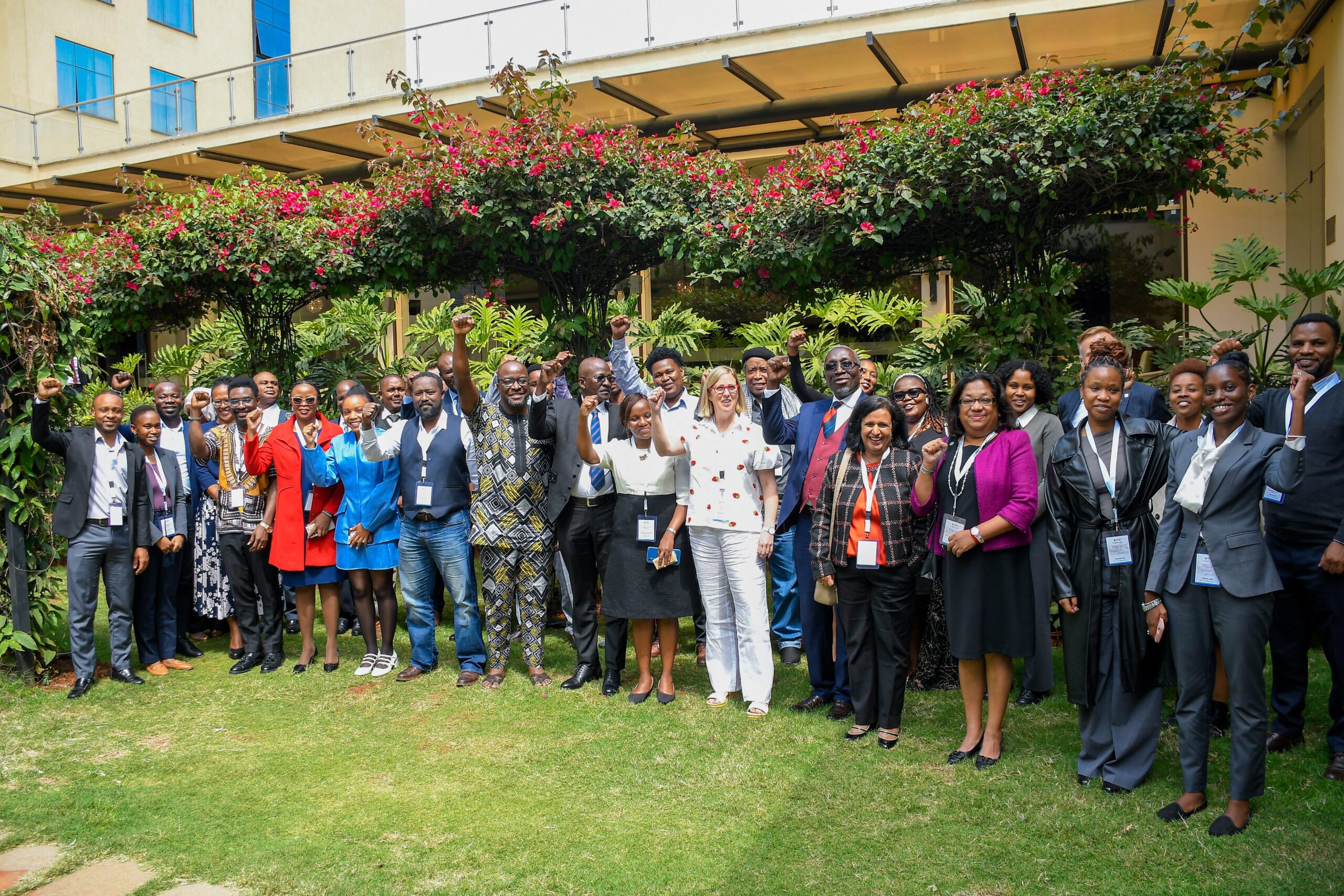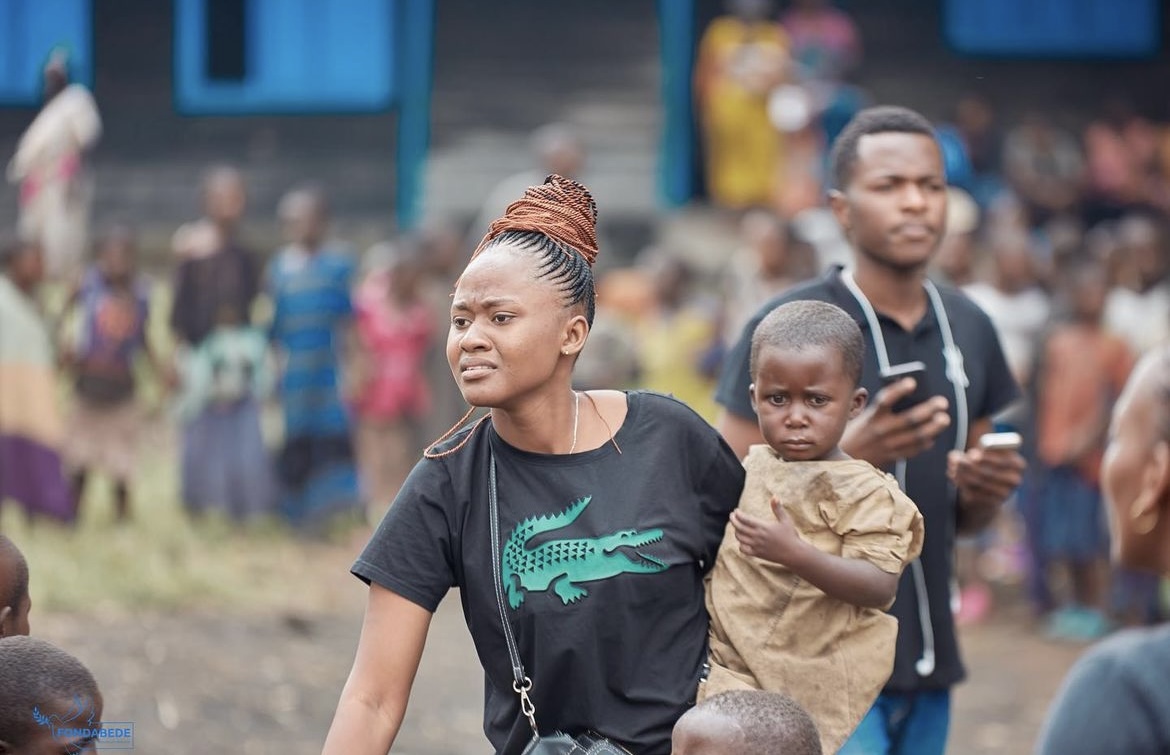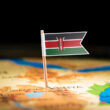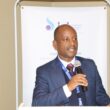The Human Rights Programme at ICJ Kenya seeks to promote and protect the respect and observance of human rights and fundamental freedoms, especially for women and minority groups. Ultimately, we aim to contribute to the attainment of human dignity, well-being, and self-fulfilment.
Under our Accountability for Human Rights Violation/Atrocity Crimes portfolio, we seek to facilitate enhanced access to justice and legal redress for persons/communities whose rights have been violated.
In light of the above, ICJ Kenya through the following first hand account narrative, seeks to highlight the continued violation of human rights in the Democratic Republic of Congo.
By, Kembo Na Yahweh Komba
I witnessed the tragic and horrific ongoing war and ‘genocost’ in the Democratic Republic of Congo (DRC) for the past 20 years.
Peace? My country has never known it, my city has never known it, and the number of friends, innocent victims, and relatives killed is incalculable. In November 2012, the Rebel M23 group took control of my hometown Goma, the capital city of North Kivu where the rebels are currently actively operating. Many people were killed, and many families became homeless, some separated and others were ultimately destroyed. In 2021, it was the volcanic eruption that took everything in its path, leaving families on the street. Despite their best efforts to rebuild their lives, the rebel group M23 brutally took control of the country again in 2022.
The term ‘Genocost’ was coined by the Congolese Action Youth Platform (CAYP) in 2013 to describe the economic root of the Congolese genocide. This concept underscores the reality that many violent armed conflicts in DRC are fueled not just by ethnic or political motives, but by the pursuit of economic advantages, because of the Western world’s appetite for our natural resources.
The eastern part of the DRC, especially North Kivu, has been plagued by persistent conflicts primarily driven by the lucrative trade of natural resources such as cobalt, coltan, and gold. These resources, essential for various global industries, have made the region a hotbed for violent crimes.
M23, supported by various external actors, participates in the ‘genocost’ to control these resources, perpetuating a cycle of exploitation and bloodshed. It has taken over most parties of the North Kivu regions causing Internally Displaced Persons (IDPs) to relocate to Goma. The conflict between the M23 rebel group and the Congolese government has had devastating humanitarian consequences such as overcrowding in the city.
People are dying every day, and Internally Displaced Persons (IDP) camps are bombed. When one is not unfairly or randomly killed on the street because of his/ her ethnical appearance, he/ she dies from diseases due to lack of healthcare, malnutrition, and forced eviction, among other complications.
DRC is one of the three countries with the most significant IDP population on the African continent. More than eight million people have been affected by the ongoing ‘genecost’. Over seven million people have been directly affected by the violence, with 80 per cent of the IDPs concentrated in Goma.
Situations of mass displacement generally put considerable stress on affected communities and negatively impact the overall stability and development of the city. Uncontrolled groups of IDPs began causing serious internal instability during this time, threatening the peace and security of the city or even entire regions of Congo. One of the types of displacement-related loss and damages has affected the society in Goma, with unprecedented increases in crime following the influx of displacement.
Lack of access to clean water, food, adequate sanitation, and housing has increased the security challenges in the city, and many violations of human rights and dignity have increased crime, hunger, and social instability in Goma.
A few weeks ago I went to visit some of the displacement camps in Goma where there were so many IDPs causing congestion thereby being forced to live in the streets of Goma. Alongside friends, we went to the Bulengo camp and another one near Kanyaruchinya area. To our dismay, it became apparent that they lacked humanitarian assistance for more than two months.
I felt bruised, helpless, and destitute, firstly because we never had enough to satisfy people for just one day. Neither food nor clothes were enough to distribute to people, and every time the last cookie, biscuit, or cup of porridge was given, I noticed that hundreds of other children were queuing.
I learned that when camps form in Goma, alerts are issued and organisations such as USAID, UNICEF, CICR, RED CROSS, AGIR-RDC, VIS, and DON BOSCO, among others, mobilised to provide initial relief kits, food, some medicines, and mobile medical clinics for first aid. Volunteer groups like myself and my friends, Jacintha’s organisation AGIR, Moise Bisimwa’s Fondabede and other small local organisations mobilised to take action in camps that no longer receive humanitarian aid whenever possible.
I had to talk with a girl who is almost my age-mate to try and understand what she was going through and how life was in the camp wondering whether she got the support she and others came looking for. Is it better than where she came from? Is she in a secure location? Unfortunately, as I expected, her answer was NO.
I learned that women and minors prostitute themselves for 1000 and 500 Congolese francs which are worth 0.4 USD and 0.2 USD. Some do it apparently to be able to buy food, others tarpaulins to build their tents, which are supposed to be freely given and bear logos of certain Non-Governmental organisations (NGOs) but are sold at 10 USD instead.
Other women, particularly mothers, opt to go search for firewood in the bush to sell in town so that they can afford something to eat. Unfortunately, there are reports of scores ending up being attacked by “MAÏBOBOs” alias, street children, and even soldiers, veterans, and rebels hiding in the bush, with human rights groups recording a rise in rape incidents.
Of course, you’re probably wondering, why don’t men go there to search for the firewood? For those who have already experienced war or conflicts one day in their country, you will surely understand that one of the first weapons or principles of the rebels is to first kill men, as much as they can to weaken the villages and rape women.
Most of these families are mothers without husbands, children without fathers because their fathers were killed when the rebel groups took over their villages, many others are killed on the way fleeing the village to find refuge, and the few who remain are those who prostitute themselves for less than nothing. Others have become disabled following the injury of the rebels, and have become burdens for their family because they can’t even treat them, or give them all the medical assistance they need.
People come from all over the North Kivu region, walking kilometers and kilometers, for days or weeks ultimately fleeing rebels to reach Goma, where they hope to find the assistance they need. However, this does not prevent the fact that afterwards, they are left on their own; no one comes to help or care for them anymore after the first week.
Addressing these atrocities requires a concerted global effort to support Congo’s sovereignty, provide humanitarian aid, and uphold human rights. The world must recognise and act upon the economic motives behind the violence to bring a sense of lasting peace and stability to the region. Only through international collaboration and a commitment to justice, can we hope to end the cycle of exploitation, genocost and violence that has plagued the DRC for decades.
I invite you to change your perspective on your visions of a brighter world, never lack, see abundance, always everywhere, and watch the universe conspire, don’t focus on problems but help us to find the solution. Remember our perception of any given situation is the only thing that determines who we are, what we can do, and how we can do it. If you ask why? I will tell you that my country my city included, is coveted, and my people suffer and die because of our natural resources as everyone is fighting to get a piece of Congo.
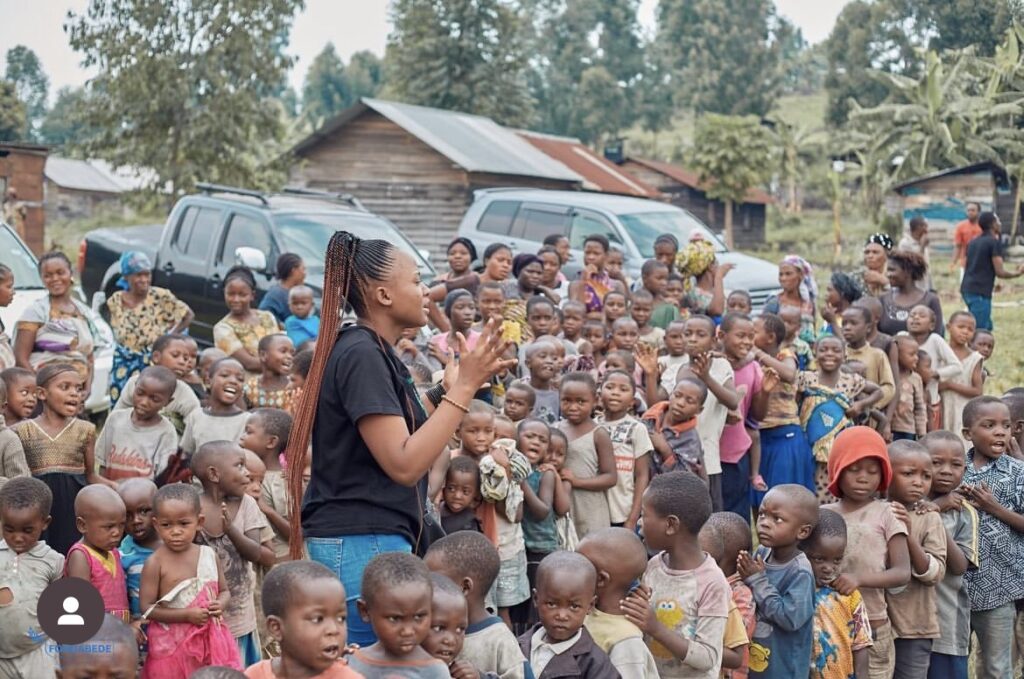
One life at a time. I am Kembo Na Yahweh Komba and I come from the world’s richest country with the poorest population. It is located in the richest continent in the world in the center of the richest continental countries. We are blessed with infinite beauty and natural resources. Congo is the heart of Africa, and Goma is the heart of Congo. I am Gomatracian, and I am Congolese but first of all, I’m African and believe in one Africa.
Komba is a Law student at Kabarak University.
Disclaimer: The views, information or opinions expressed in this article are solely of the writer and do not necessarily represent the official policy or position of the Kenyan Section of the International Commission of Jurists (ICJ Kenya)




